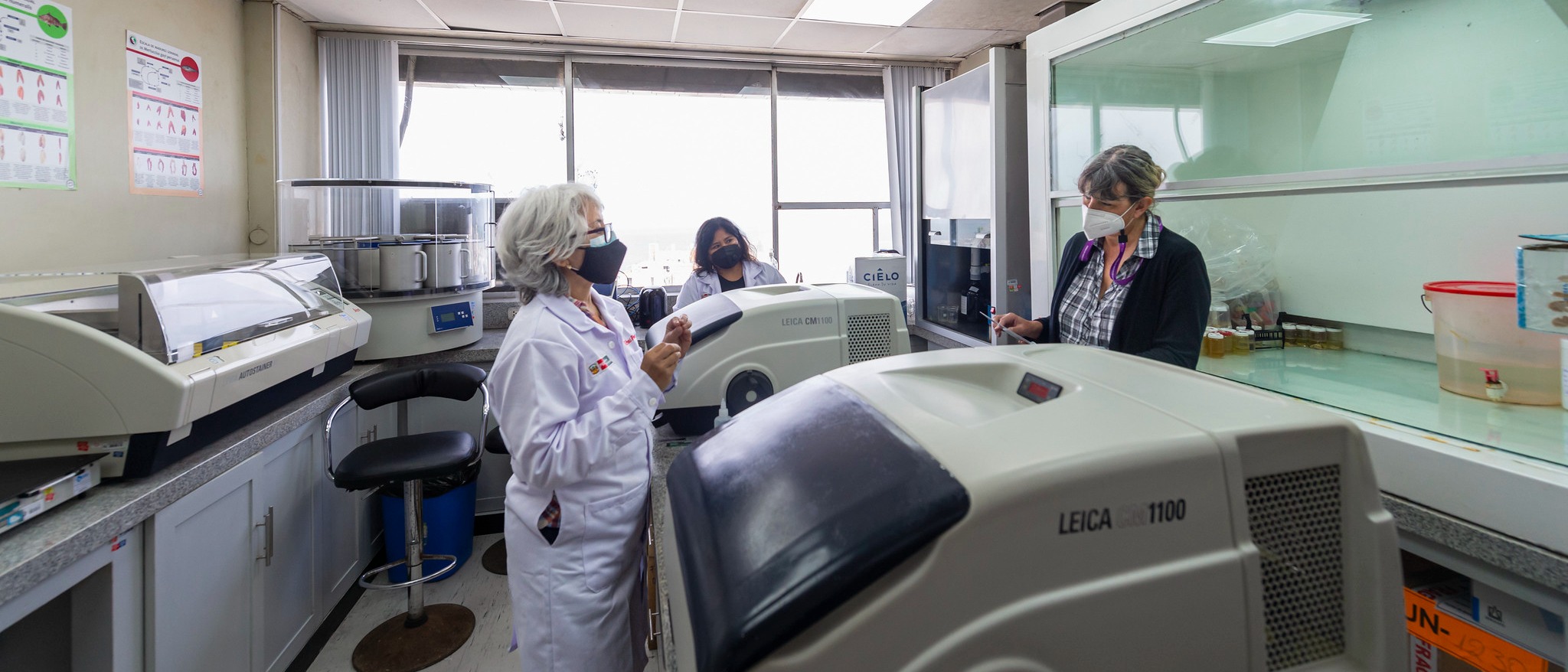FAO and the Montevideo Group of Universities drive innovation to achieve sustainable agrifood systems
During the webinar Challenges and Opportunities to Achieve Agrifood Systems in Latin America and the Caribbean, FAO's Assistant Director-General, Mario Lubetkin, emphasized the collaboration between academia and governments as key to advancing toward more sustainable, inclusive, and resilient systems

©FAO/Miguel Arreátegui
The United Nations Food and Agriculture Organization (FAO) and the Montevideo Group of Universities (AUGM) held the webinar Challenges and Opportunities to Achieve Sustainable Agrifood Systems in Latin America and the Caribbean. The event's opening featured the participation of Mario Lubetkin, FAO Assistant Director-General and Regional Representative for Latin America and the Caribbean, and Rodrigo Arim, President of AUGM and Rector.
During his remarks at the webinar, Lubetkin called for strengthening cross-sector collaboration, arguing that the current challenges to achieving food and nutrition security can only be overcome through joint efforts. He highlighted the importance of academia in this process. He underscored the Montevideo Group of Universities as a key partner in generating data and analysis to understand the challenges and opportunities of agrifood systems.
Aligned with FAO's Science and Innovation Strategy, Lubetkin emphasized the critical importance of maximizing the potential of science and technology to bridge existing gaps in the region. He urged quick and effective responses, where collaboration with academic networks such as AUGM is crucial for developing sustainable development policies and strategies by integrating science, technology, and innovation.
For his part, Rector Arim stated, "We live in times where the global agenda takes on unique relevance. Food security, climate change, equity, and inequality are core elements of contemporary agendas. Agreements between global institutions like FAO and local and global entities like public universities are key to systematically advancing solutions to these challenges." He added, "No country on its own, even with the best-designed policies, will be able to tackle and resolve these issues. These are global agendas that require coordinated and consistent worldwide efforts."
In 2023, with the launch of the FAO Campus program, FAO Regional Office for Latin America and the Caribbean established an area dedicated to working jointly with academia, promoting the strengthening of alliances through the mobilization of knowledge and capacity building.
The Montevideo Group of Universities (AUGM) is one of FAO's partners in this effort. It comprises 46 autonomous public universities from Argentina, Bolivia, Brazil, Chile, Paraguay, and Uruguay. Its mission is to promote regional integration by creating a joint academic space based on scientific, technological, educational, and cultural cooperation.
Rectors, university leaders, academics, scientists from the Montevideo Group universities, and FAO officials attended the webinar.
Contact
Maria Elena Alvarez Press and Content Officer [email protected]
